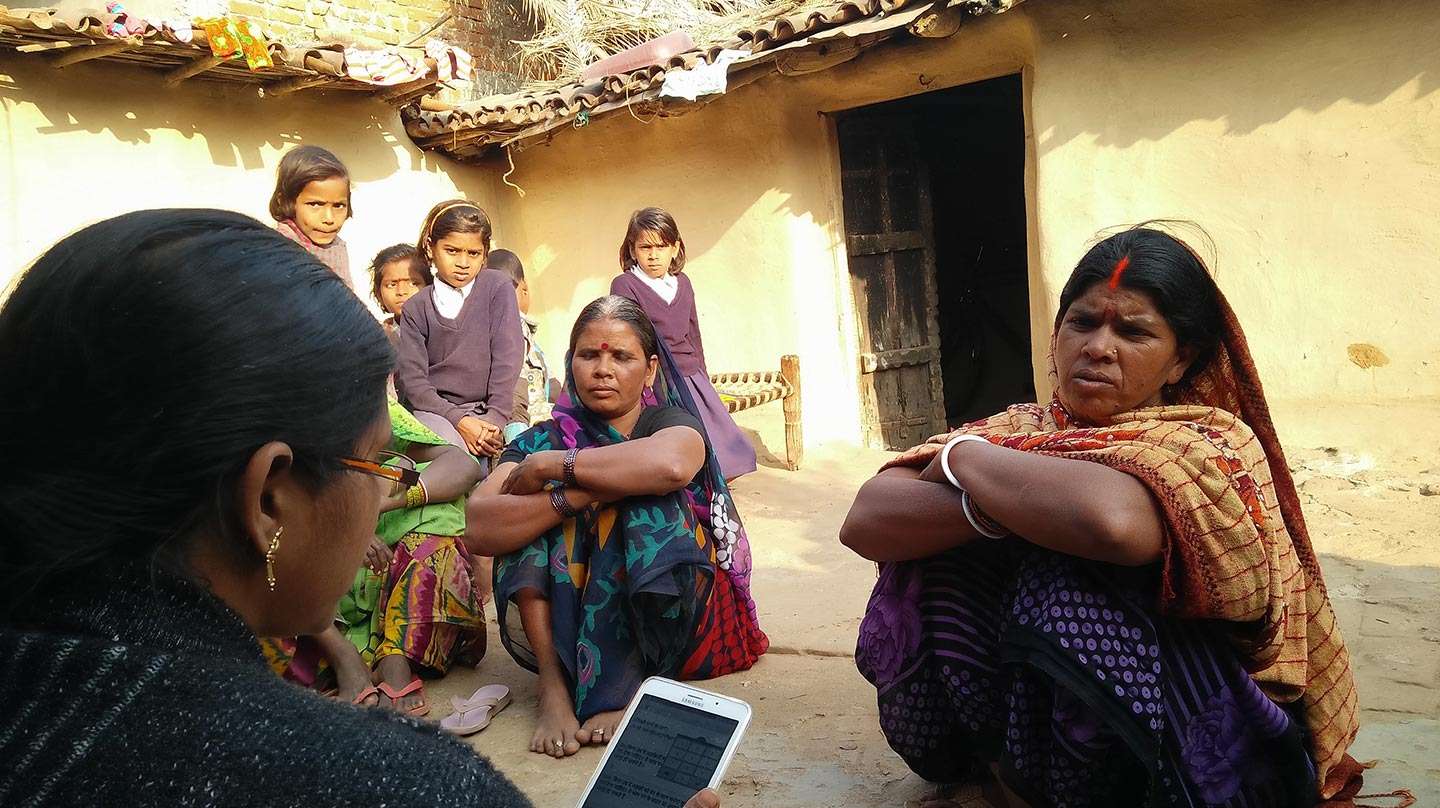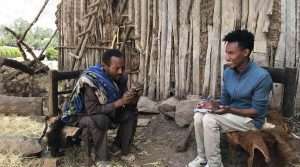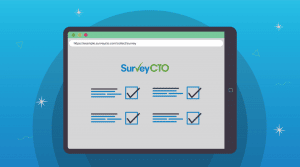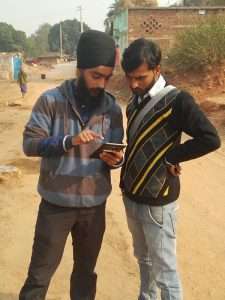
Tell us more about Outline India and your role at the organization.
The idea is to try and solve the first mile problem faced by academics, think tanks, donor and multilateral agencies, philanthropists, CSR firms, and, by extension, the government. We are trying to help any organization, entity, or individual looking to create ground-level impact via their policies, academic work, social schemes, or philanthropy. Fieldwork is at the core of our existence and we have conducted research in more than one thousand villages in 21 states.
“The data that we collect shapes and directly influences various government policies and social schemes, which is a personal motivation for me.”
Working with Outline India has been a great opportunity for someone like me to be exposed to the cultural diversity of India and to be able to learn firsthand about issues such as child labor, girls’ education, and sanitation. Without my experience in the field, these issues would just be figures – I would have been oblivious to them.
The data that we collect shapes and directly influences various government policies and social schemes, which is a personal motivation for me.
Tell us about a recent project in which you used SurveyCTO.
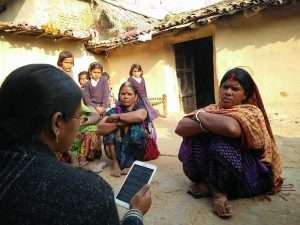
The BMG program evaluation was a baseline data collection exercise conducted by us in collaboration with IMPAQ International. This was a five-month-long endeavor, from November 2015 to March 2016, and entailed a census exercise across 20 control villages, detailed interviews with about 3,000 households, and 1,000 interviews with women across 40 villages in the Giridih district of Jharkhand. The entire exercise was executed with the help of our core team of researchers, a survey team of about 30 surveyors, four supervisors, and two senior coordinators.
We used SurveyCTO for the development, deployment, and monitoring of surveys for the pre-testing of tools, house-listing exercise, and quantitative surveys. The study used an extensive survey instrument with diverse question sets comprised of rosters for: household members, education, employment and migration for children, disability, randomized opinion questions for the head of the household as well as the women in the household, and a roster to map social networks of the head of the household.
“SurveyCTO had all the features required to build several components of the instrument such as the rosters, randomization equations, various relevance and validation conditions, pulling information from existing data, text and audio audits, noting GPS coordinates, and others.”
We have used CAPI (computer-assisted personal interview) platforms before, but this was our first experience using SurveyCTO for such an intensive survey tool on such a large scale. Designing the form seemed like a daunting challenge for the team, and we wanted to ensure simplicity and ease in execution. SurveyCTO’s easy-to-use, clear and concise documentation made our work much simpler.
SurveyCTO had all the features required to build several components of the instrument such as the rosters, randomization equations, various relevance and validation conditions, pulling information from existing data, text and audio audits, noting GPS coordinates, and others. Also, we received constant and quick support from the SurveyCTO support team.
Do you have any advice for other organizations that are considering transitioning from paper to digital data collection?
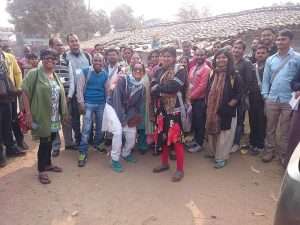
CAPI software also enables daily monitoring of surveys with quick graphs to gauge progress, discrepancies, and get a summary of responses. But one word of caution: always leave adequate time for piloting the tool locally and incorporating changes before heading to the field.

